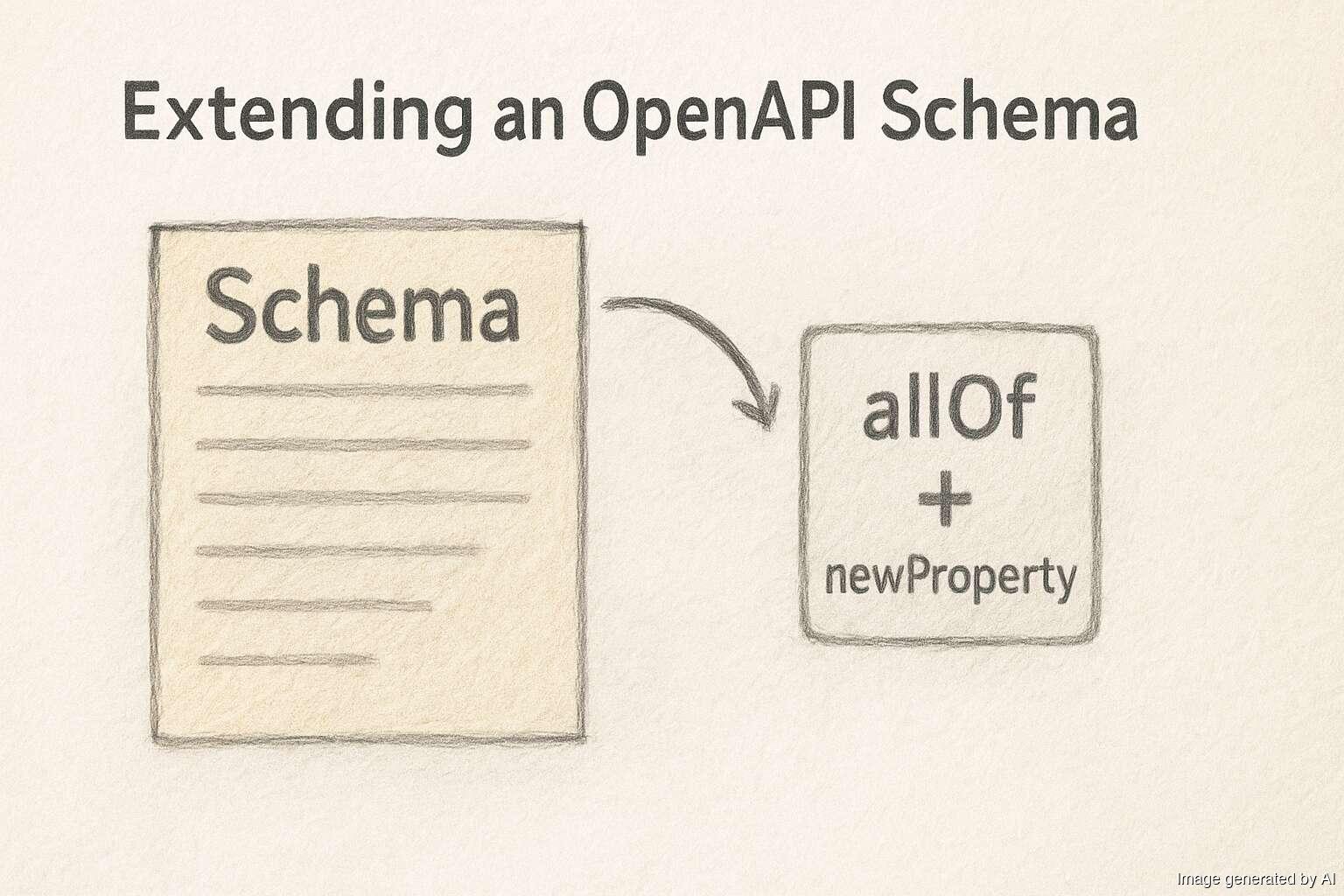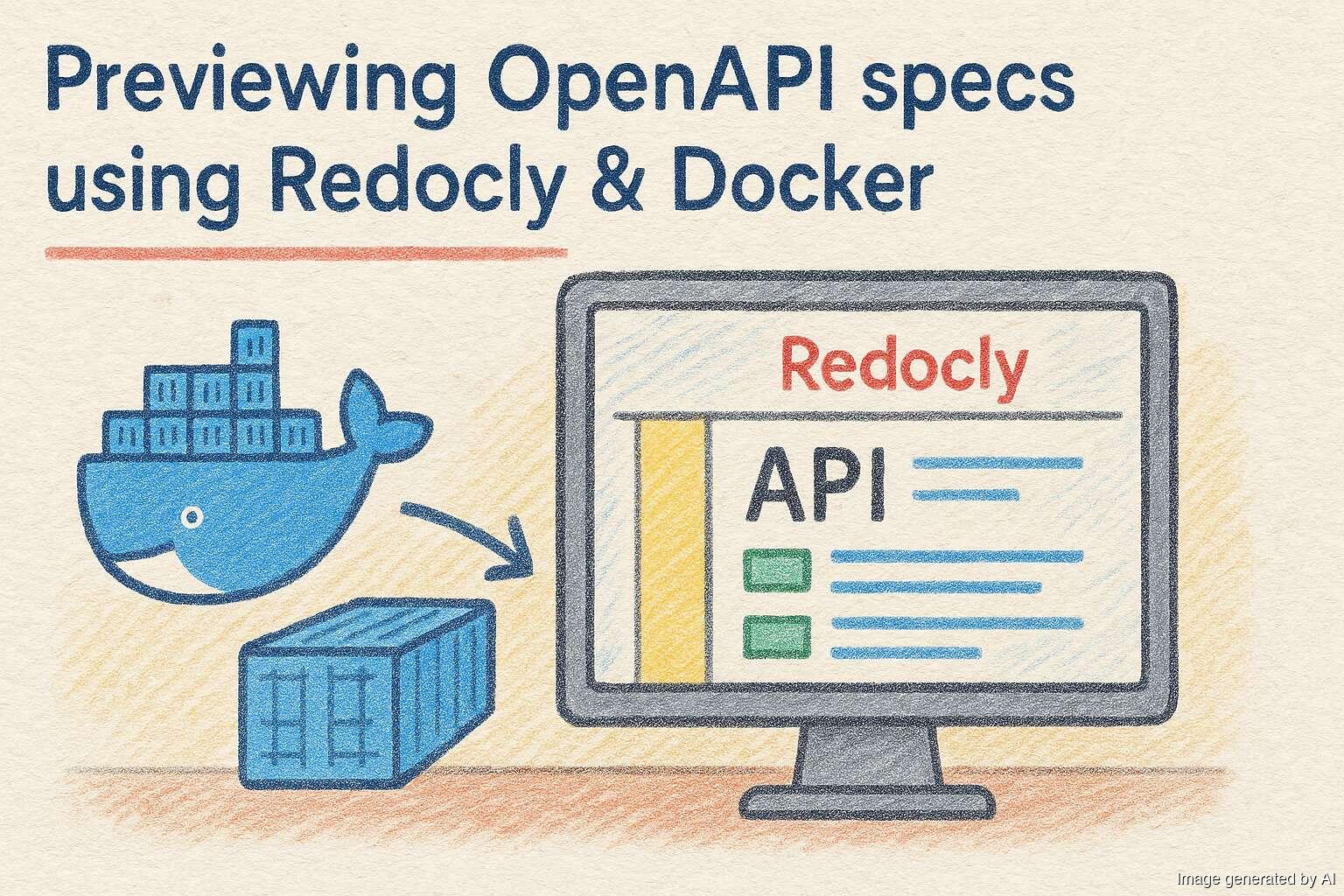Extending an OpenAPI Component Schema

One project that I'm working on uses RFC 9457 Problem Details for HTTP APIs for its error responses. In the OpenAPI spec, we can define this as a component and use in the relevant paths as appropriate: components: schemas: ProblemDetails: type: object properties: type: type: string format: uri-reference description: A URI reference that identifies the problem type default: about:blank example: https://example.com/probs/out-of-credit title: type: string description: A short, human-readable summary of the problem type example: You… continue reading.




